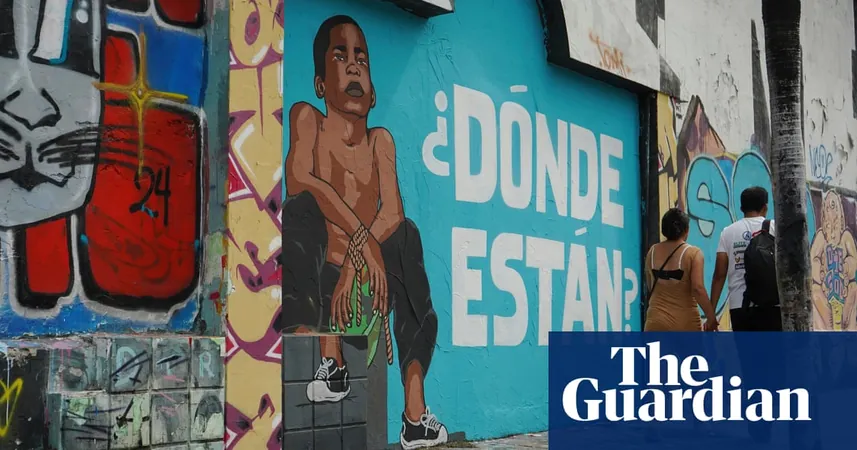
The Disappearance of the 'Guayaquil Four': A Test for President Noboa Amidst Ecuador's Drug War Crisis
2024-12-27
Author: Sophie
The heartbreaking case of four missing boys in Ecuador has ignited a national crisis for President Daniel Noboa, calling into question his "war on drugs" strategy. The boys, aged between 11 and 15 and all from the impoverished neighborhood of Las Malvinas in Guayaquil, vanished after encountering armed forces while returning home from a football game on December 8.
Eyewitness accounts suggest that 16 air force soldiers approached the boys, and they were reportedly released 26 miles away from their homes but have not been seen since. The situation escalated on Christmas Eve when four burned bodies were discovered in the vicinity, with forensic experts now investigating whether they belong to the missing children.
The case, tragically dubbed "Los Cuatro de Guayaquil" (the Guayaquil Four), has sparked outrage throughout the nation, with widespread protests calling for accountability. This incident adds to the backdrop of spiraling crime rates that have plagued Ecuador in recent years, as the country has deteriorated from one of the safest in Latin America to a hotspot for cocaine trafficking, primarily flowing through Guayaquil's busy port.
Since Noboa declared a state of "internal armed conflict" earlier this year, the military has been integrally involved in his security initiatives, which initially garnered public support. However, the tide seems to be turning; the fading approval ratings reflect a growing discontent with how the military engages with civilians, particularly in light of the boys' tragic disappearance.
Billy Navarrete, from the Permanent Committee for the Defence of Human Rights in Guayaquil, remarked that this case symbolizes a tipping point for public frustration over state violence and human rights abuses by security forces. The families of the boys sought help immediately after their children went missing; however, it was not until public outcry grew that meaningful action was taken.
In initial responses, the Ministry of Defence denied that their personnel were involved but later acknowledged that the military had approached the boys, alleging they were implicated in a robbery. Yet, this claim has been dismissed by the public prosecutor due to a lack of supporting evidence. The military insists that the boys were set free in Taura, and one child allegedly made a call to his father during the ordeal, explaining their encounter with the soldiers.
As the investigation unfolds, authorities are exploring whether the boys fell victim to military actions or became targets of organized crime. The chilling conditions under which they were abandoned—a remote rural area in the dead of night—heighten concerns about their welfare.
Uriel Castillo Nazareno, a national leader in the Ecuadorian National Afro-Descendant Movement, expressed deep fears for the boys' safety, stating, "If the children are not alive, I don’t know what will happen in this country. The worst instincts of this society could emerge," revealing the broader societal implications tied to their fate.
The incinerated bodies found nearby may necessitate DNA testing for identification. Meanwhile, the 16 soldiers involved in the case have been suspended pending military investigations.
President Noboa, who took office following the 2023 snap elections, has faced calls for acknowledgment of the state's responsibility. He surprising labeled the missing boys as "national heroes," promising that there will be "zero impunity" for those involved. As he gears up for re-election on February 9, the pressure is mounting to address the growing discontent among citizens regarding violent state policies and the protection of their communities.
As tensions rise and the quest for justice continues, this incident could very well determine the future trajectory of Noboa's presidency and the stability of Ecuador's democracy amidst escalating social unrest.


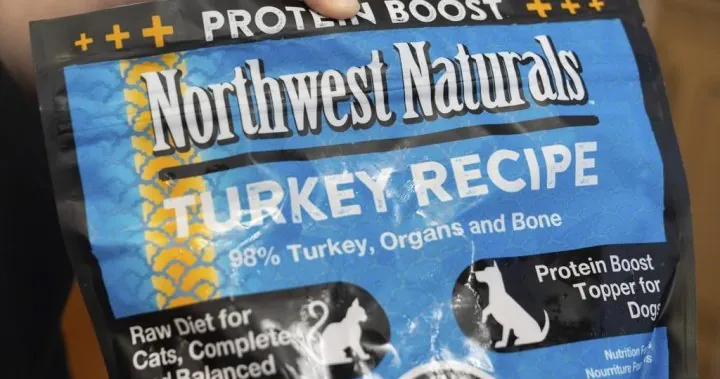
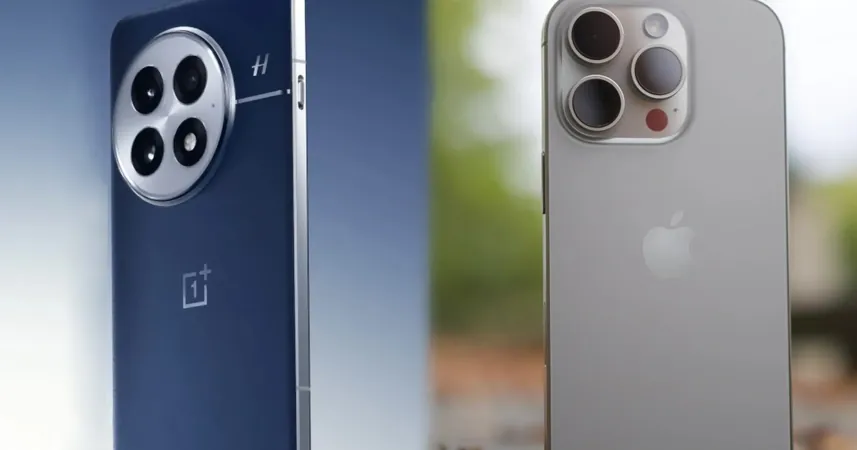
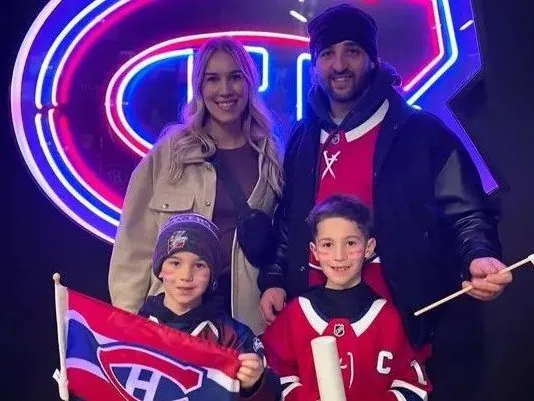

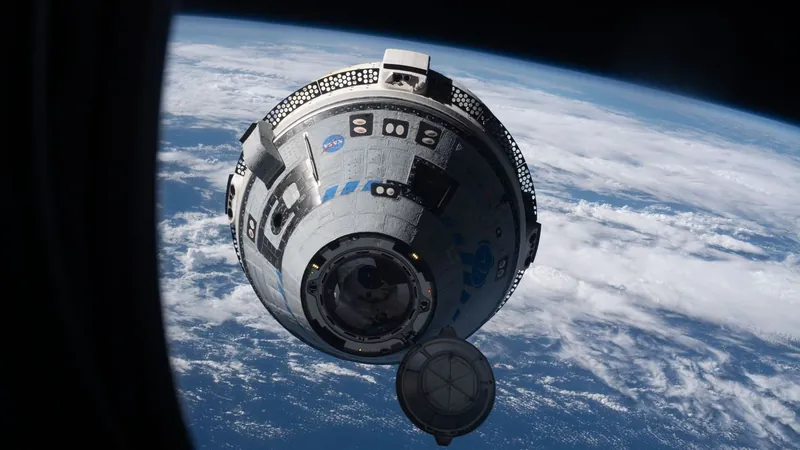


 Brasil (PT)
Brasil (PT)
 Canada (EN)
Canada (EN)
 Chile (ES)
Chile (ES)
 España (ES)
España (ES)
 France (FR)
France (FR)
 Hong Kong (EN)
Hong Kong (EN)
 Italia (IT)
Italia (IT)
 日本 (JA)
日本 (JA)
 Magyarország (HU)
Magyarország (HU)
 Norge (NO)
Norge (NO)
 Polska (PL)
Polska (PL)
 Schweiz (DE)
Schweiz (DE)
 Singapore (EN)
Singapore (EN)
 Sverige (SV)
Sverige (SV)
 Suomi (FI)
Suomi (FI)
 Türkiye (TR)
Türkiye (TR)